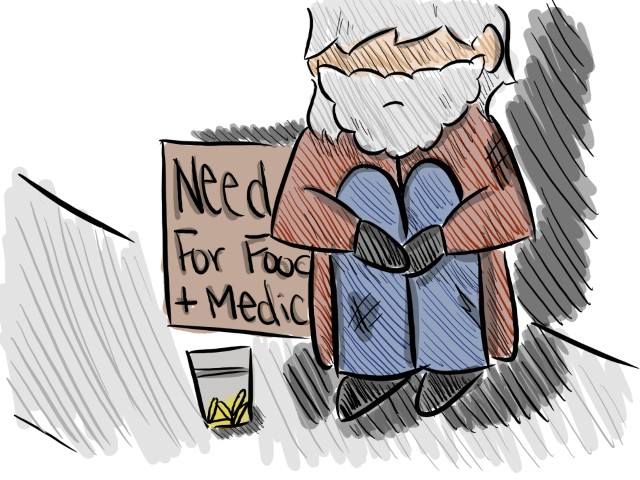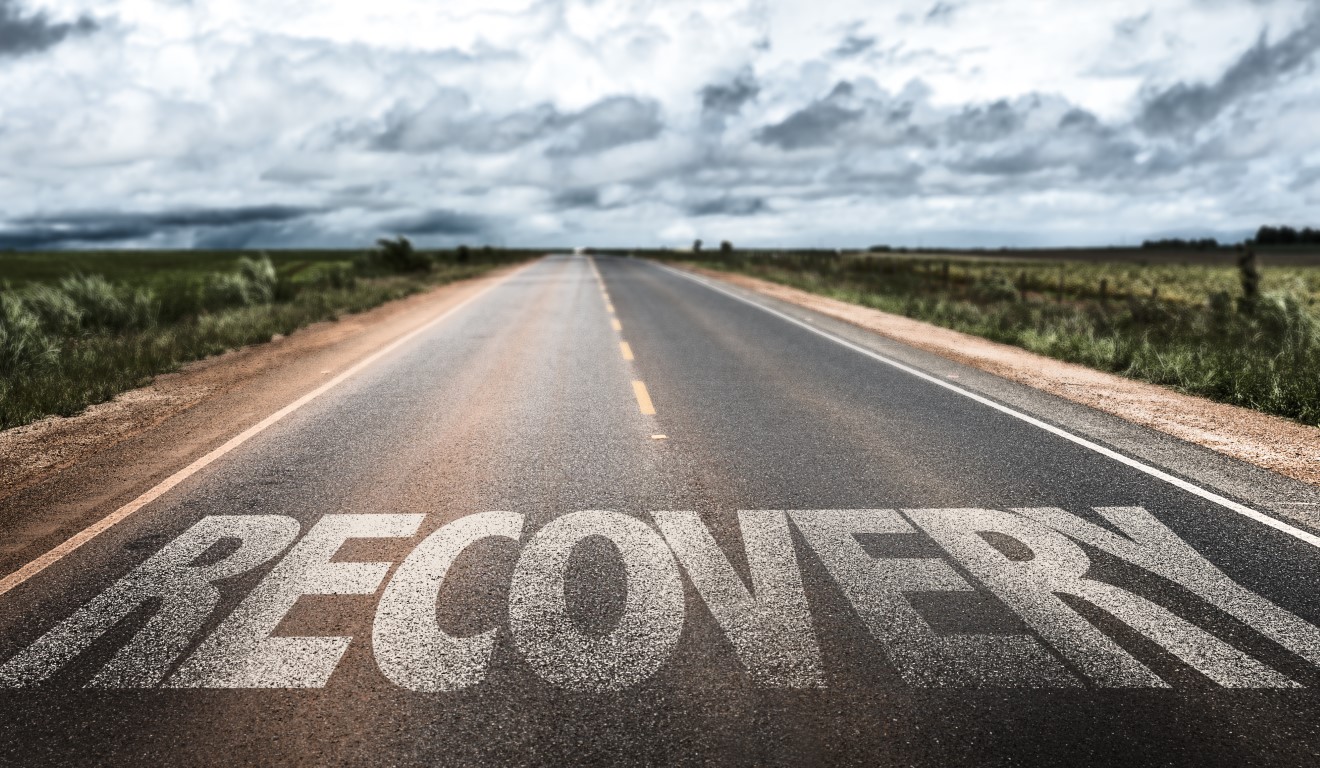
Self-isolation and food shortage problems are most pressing
By EG Manilag, Staff Writer
While everyone is quarantined in their homes due to the coronavirus outbreak, there is a community of people who have no place to isolate themselves.
To get a sense of what is happening in other parts of Canada, we look to Quebec on how they’re dealing with the outbreak and their homeless population. About a week ago, Montreal’s homeless situation got worse—especially regarding social distancing. According to the Montreal Gazette, some are denied access to shelters to avoid overloading, leaving them in the streets where they have no proper social distancing or proper self-quarantine procedures. Although Quebec’s Health Ministry pledged to solve this problem, many homeless are still out in the streets.
Stewart Greville is one of the few homeless that has been denied of free access to shelter. Greville has had a bad cough and achy muscles and is waiting for his test results to arrive. But he’s only been told to self-isolate until he gets his results.
In Vancouver, the protocol for homeless shelters has been to increase the social distancing between clients. According to Union Gospel Mission (UGM) spokesperson Jeremy Hunka, “We’re forced with the agonizing reality that if people come looking for help who have symptoms of COVID-19, we can’t have them in our shelter because one person could put at risk the other 71 people that are there.”
This puts them in a heartbreaking situation, having to turn sick people away with nowhere to go and nothing but a sleeping bag, he added.
According to the Global News, Vancouver has installed 11 hand washing stations around the Downtown Eastside to combat the growing of the virus. The city, according to a spokesperson, has also planned to use community centres to isolate sick homeless people who may have contacted the virus.
Social distancing and self-isolation are difficult for homeless, especially if they live in groups—which they often do. Handwashing is also impractical for them, especially the homeless in poorer countries, because they have no running water nor soap to use—making them especially vulnerable to the virus.
“This is a ticking time bomb,” said David Chapman, who runs Resilience Montreal. “The homeless are sleeping outside, in groups, sharing bottles of beer, while the rest of the city self isolates. If the virus hits this community, it’ll hit them hard.”



